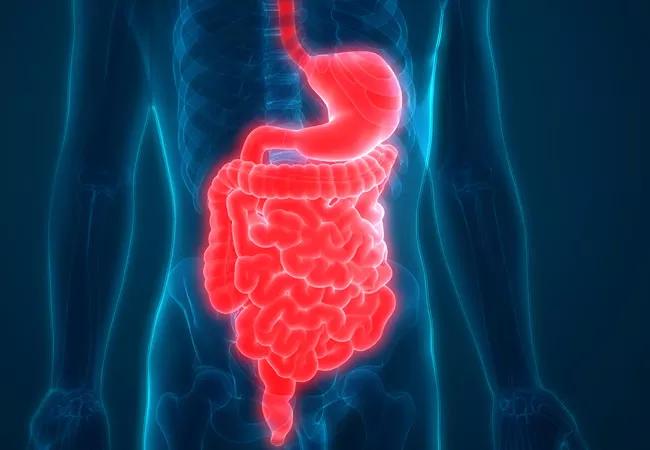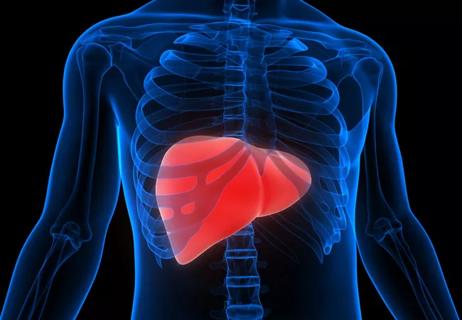A quick review of several advances in risk assessment and treatment

The best care for digestive diseases requires accurate risk assessment and leading-edge treatment. Physician-researchers in Cleveland Clinic’s Digestive Disease & Surgery Institute are making advances in both areas.
Advertisement
Cleveland Clinic is a non-profit academic medical center. Advertising on our site helps support our mission. We do not endorse non-Cleveland Clinic products or services. Policy
Here’s a roundup of our recent work on liver comorbidity in inflammatory bowel disease (IBD) and risk stratification in Barrett’s esophagus.
Clinicians have long suspected it, but now two national studies have confirmed it: IBD patients are more likely than the general population to have nonalcoholic fatty liver disease, nonalcoholic steatohepatitis and nonalcoholic cirrhosis.
Miguel Regueiro, MD, Chair of Cleveland Clinic’s Department of Gastroenterology, Hepatology and Nutrition, and colleagues analyzed a national database of more than 62 million patients. They identified nearly 160,000 patients with Crohn’s disease and more than 125,000 patients with ulcerative colitis diagnosed between 1999 and 2018.
Nonalcoholic fatty liver disease was comorbid in 2.4% of those with Crohn’s and 1.95% of those with ulcerative colitis — a much higher prevalence than researchers expected. Prevalence of nonalcoholic steatohepatitis and nonalcoholic cirrhosis also was relatively high — 0.3% and 0.9%, respectively, in patients with Crohn’s and 0.23% and 1.01%, respectively, in patients with ulcerative colitis.
Researchers suggest that a pro-inflammatory cytokine process, IBD-related metabolic changes, an alteration to the microbiome and/or genetic factors could be causes. They recommend regular liver disease screenings in IBD patients.
Cleveland Clinic researchers have validated that the TissueCypher® pathology test effectively identifies patients with Barrett’s esophagus who have a heightened risk of esophageal cancer — even if they show no dysplasia.
Advertisement
Traditionally, care of patients with Barrett’s esophagus was determined solely by presence of dysplasia, an indicator of precancerous changes. However, most patients with Barrett’s esophagus — including some who will develop esophageal cancer — do not have dysplasia.
TissueCypher uses imaging analysis to measure nine protein-based biomarkers in biopsy samples. Scores indicate likelihood of progression to high-grade dysplasia and esophageal adenocarcinoma within five years.
To assess the test’s accuracy, Prashanthi Thota, MD, Medical Director of Cleveland Clinic’s Esophageal Center, and colleagues compared patients’ TissueCypher results with clinical outcomes. In the blinded review of nearly 270 patients, the test accurately stratified patients with no, indefinite or low-grade dysplasia as low, intermediate or high risk. The test’s prevalence-adjusted positive predictive value at five years was 22.6%, indicating a progression rate of 4.6% per year in patients who the assay identified as high-risk.
These findings assure physicians that TissueCypher is a reliable tool to help determine which patients need endoscopic ablation and which require only surveillance.
Advertisement
Advertisement

Strong patient communication can help clinicians choose the best treatment option

ctDNA should be incorporated into care to help stratify risk pre-operatively and for post-operative surveillance

The importance of raising awareness and taking steps to mitigate these occurrences

New research indicates feasibility and helps identify which patients could benefit

Treating a patient after a complicated hernia repair led to surgical complications and chronic pain

Standardized and collaborative care improves liver transplantations

Fewer incisions and more control for surgeons

Caregiver collaboration and patient education remain critical